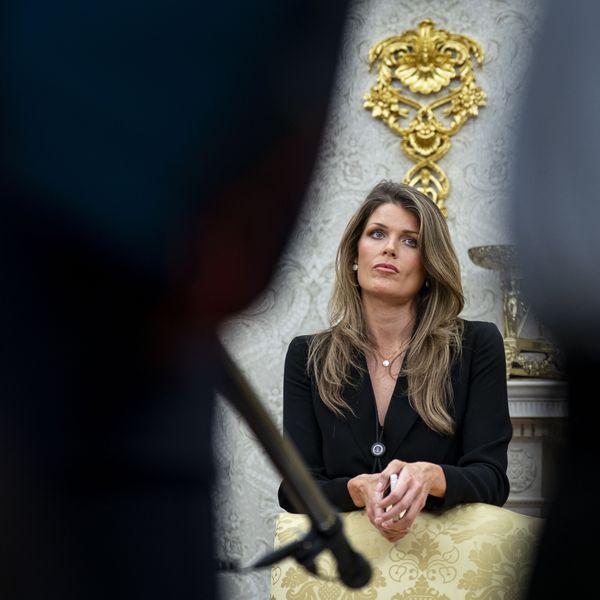What if education policy guidelines and political platforms were shaped by rank-and-file citizens?
What if the real education experts -- parents, teachers, students and school leaders -- got to fashion a platform of policy goals for education and determine which ideas provide maximum opportunity for public school students, our future citizens?
We need a national, nonpartisan effort to figure out how to strengthen public education, a kind of people's platform. Such an effort -- given the upcoming election and the recent Chicago Teachers Union strike -- could not be timelier. Says Karen Lewis, president of the Chicago Teachers Union:
[Billionaire education reformers] have been putting money and money and money into education. And all they come up with is, 'Let's just get rid of all the teachers. Let's have a national curriculum. Let's test people to death.' None of this stuff works. Not only does it not work, it exacerbates the problem. Standardized tests have been disguised as merit when they're just ranking and sorting, and they're disguising race and class privilege. We don't have honest discussions about education in this country because we don't want to have honest discussions about race and class.
Amen. Let's start talking.
Humorist Joel Stein says: A platform is supposed to be boring. It's one of the few documents that people write hoping no one reads them.
An education platform written by educators and stakeholders would not be boring! It could be a lively and changing framework of ideas and principles. We have invested more than a century in funding the uniquely American concept of a free, high-quality, fully public education for every child. Why not lay down a clear template of what this means, in terms of federal responsibilities?
We might begin with a preamble:
There comes a time when a truly great nation must either choose to have the best public schools possible or stop talking about the importance of education. Structures for publicly supported education must:
- Help students learn
- Help teachers teach
- Let school leaders and elected boards lead
- Relentlessly pursue genuine excellence and equity
As we see it, there are only three fundamental parts to the federal role in education: Excellence, equity, and economies of scale.
Excellence comes before equity -- because you can't have equity unless you know what top quality looks like. It's in all of our interests to provide a clear and explicit vision of excellence: Rich curriculum. Creative instruction, tailored for unique student populations. Ample resources. Community input. Future-focused, joyful learning.
What do we want students to experience, learn, understand, and be able to do? What about citizenship? Defining the mission public education ought to come first in a platform.
Equity is the most fundamental federal role in education policy. The national government's central priority must be assuring that children in the Mississippi Delta have the same basic opportunities as those who grow up on Long Island or a ranch in Wyoming. Besides great teaching and sufficient tools, what are those opportunities? A free, first-rate pre-school education program? Tutoring to ensure literacy for all? Let's make a list.
Economies of Scale. What can the federal government provide, cheaper and better than smaller-scale commercial vendors? Lots of technological infrastructure. Free materials -- both digital and hard copy. Travel and internships. Scholarships and low-cost loans. Ideas and research, instituted without the taint of corporate funding.
It is ironic that the federal Department of Education is now developing computer-based tests for schools with inadequate hardware to administer them. It should be the other way around, with the department using its purchasing power to provide or reduce costs of infrastructure, rather than shaping curricular and instructional work that belongs in districts and classrooms. We need a Race to Improve All Schools, not a state-against-state competition for federal grants aligned with questionable ideas that should be decided at local levels.
The Education Department needs to return to its original purpose.
Congress established the U.S. Department of Education in 1979. ED's stated mission is to:
Strengthen federal commitment to assuring access to equal educational opportunity; Supplement and complement the efforts of education stakeholders;
Encourage the increased involvement of the public, parents, and students in federal education programs;
Promote improvements in the quality and usefulness of education, to share research information;
Improve the coordination, management of federal programs and accountability to the public.
Note: The Department of Education was not established to make teachers accountable to the public, but to make the federal government accountable to the people. When was this guiding principle lost?
Public schools should be the foundational hope of the American people -- the children of the poor have no other hope. It's time for ordinary citizens to initiate those uncomfortable conversations about race and class, and share our national hopes and dreams for public education with policy-makers.



